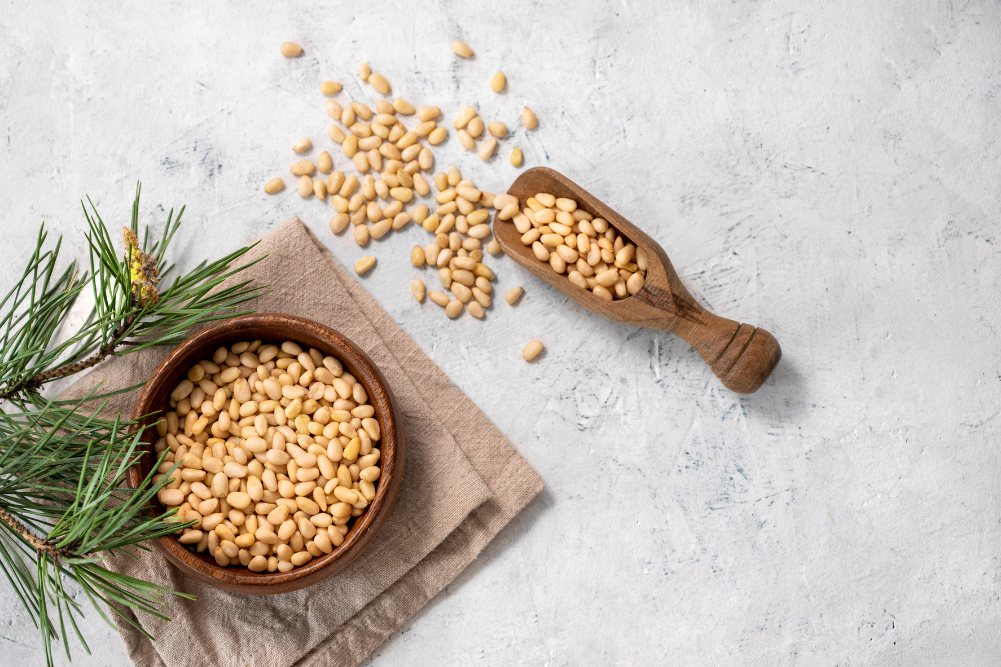Amperna 10% Pro+ Resurfacing Lotion 100mL
100% FREE FROM SULFATES • PARABENS • ANIMAL TESTING • ANIMAL DERIVED INGREDIENTS • SYNTHETIC COLOURS & FRAGRANCE
AMPERNA® 10% Pro+ Resurfacing Lotion contains 10% glycolic acid (AHA) and antioxidants to help calm redness and improve the skin’s texture. Hero ingredient glycolic acid helps reduce the appearance of fine lines, wrinkles, dark circles and uneven skin tone. AMPERNA®’s unique probiotic complex delivers good bacteria to your skin gently and effectively.
AMPERNA® 10% Pro+ Resurfacing Lotion is non-comedogenic.
Probiotic Skincare: the hero probiotic complex in AMPERNA® skincare acts as a protective layer on the skin, helps boost healthy looking skin and helps calm & soothe skin. Probiotics also help defend the skin against age-accelerating environmental stressors.
The AMPERNA® range has been tested on eczema, dermatitis, perioral dermatitis, rosacea and acne prone skin.
Australian made and owned, cruelty-free.
Gentle exfoliation for Problem Skin
“Love this exfoliating product! Unlike most of the chemical exfoliators AMPERNA® 10% Pro+ Resurfacing Lotion treats my problem skin so gently. I’m suffering from perioral dermatitis and was very scared to use any exfoliators on my skin let alone chemical. But this product is a magical! It cleans my skin and shrinks the pores so no nasties would get in. I highly recommend AMPERNAR 10% Pro+ Resurfacing Lotion to anyone who is still in doubt.” Daria








